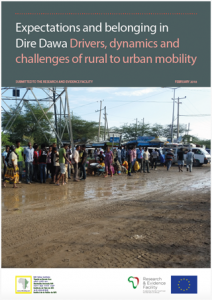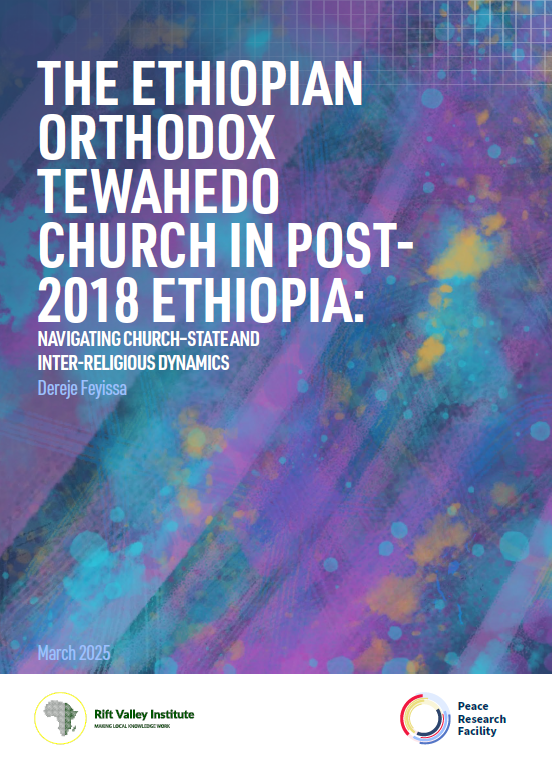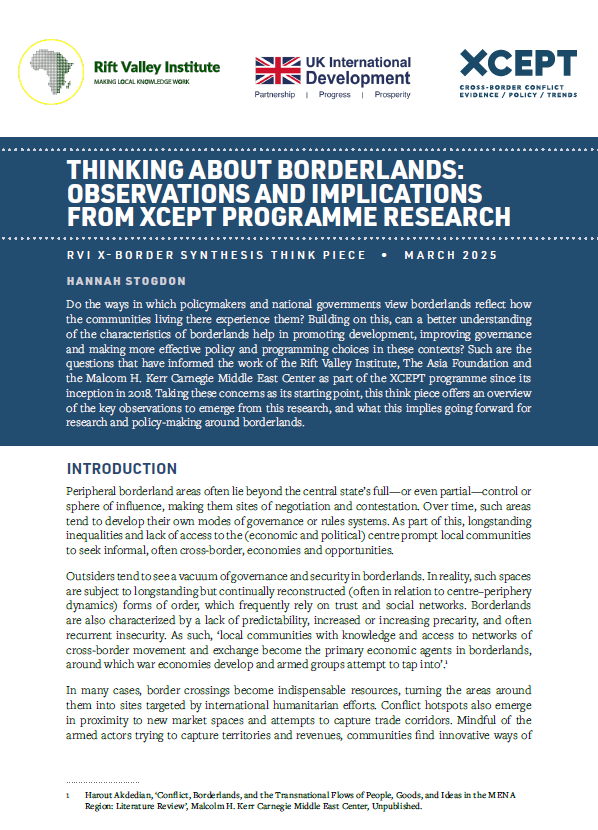The Rift Valley Institute’s Rural to urban mobility project aims to better understand the dynamics of rural to urban migration and the ways in which this phenomenon impacts the social and infrastructural fabric of cities in East Africa. It is conducted within the framework of the Research and Evidence Facility on Migration in the Horn of Africa, supported by the EU Trust Fund. It is carried out in three secondary cities in East Africa: Dire Dawa, Ethiopia; Gulu, Uganda; and Eldoret, Kenya. Although secondary cities have witnessed tremendous growth in the past few decades, playing an important role between rural and urban areas, most research on rural to urban migration is conducted in capital cities. Hence, a study of migration to secondary cities is particularly relevant and timely.
As a secondary city, the competitive advantage of Dire Dawa, Ethiopia is location. It is the closest large city to the port of Djibouti, making it an important transit hub for international migration via Djibouti and Somalia to the Gulf States and Europe. Whether migrants end up staying in Dire Dawa or migrating onward depends on their experiences in the city’s labour market and their initial expectations.
Rural to urban migration to Dire Dawa is set to steadily increase in the years to come, given the growing impoverishment of rural Dire Dawa and the escalation of inter-ethnic conflict in the neighbouring Oromia and Somali regions. The view of Dire Dawa as a safer place for women and a place with educational opportunities, the planned industrialization and its role as a transit stop for international migration will continue to be pull factors. A lot remains to be done, however, for Dire Dawa to sustain its appeal to migrants as a secondary city.



